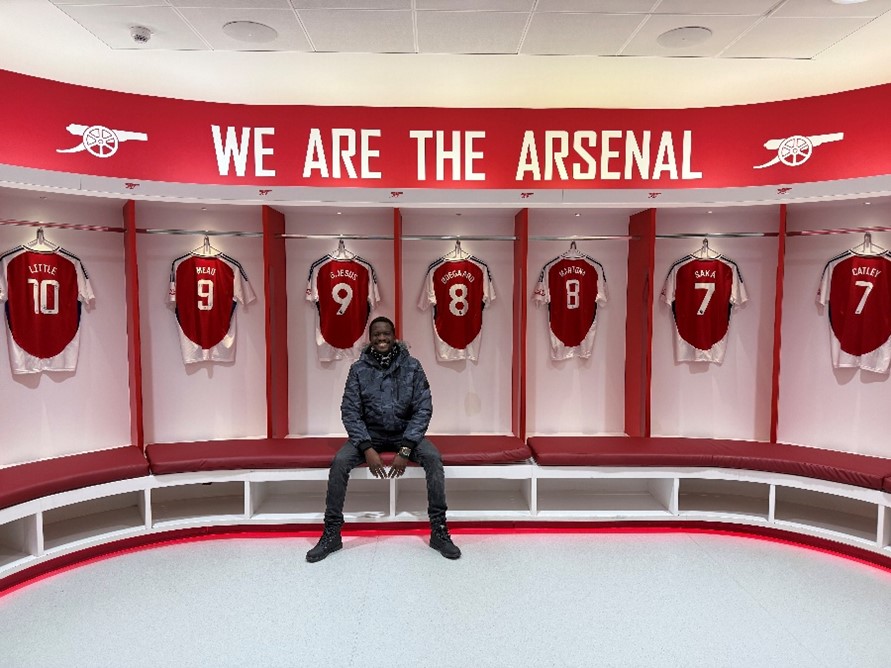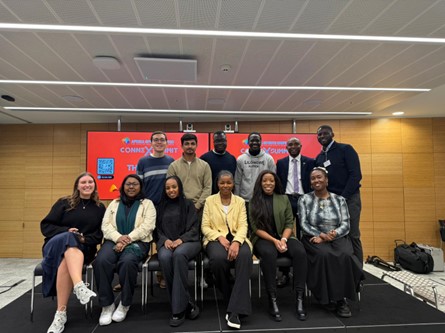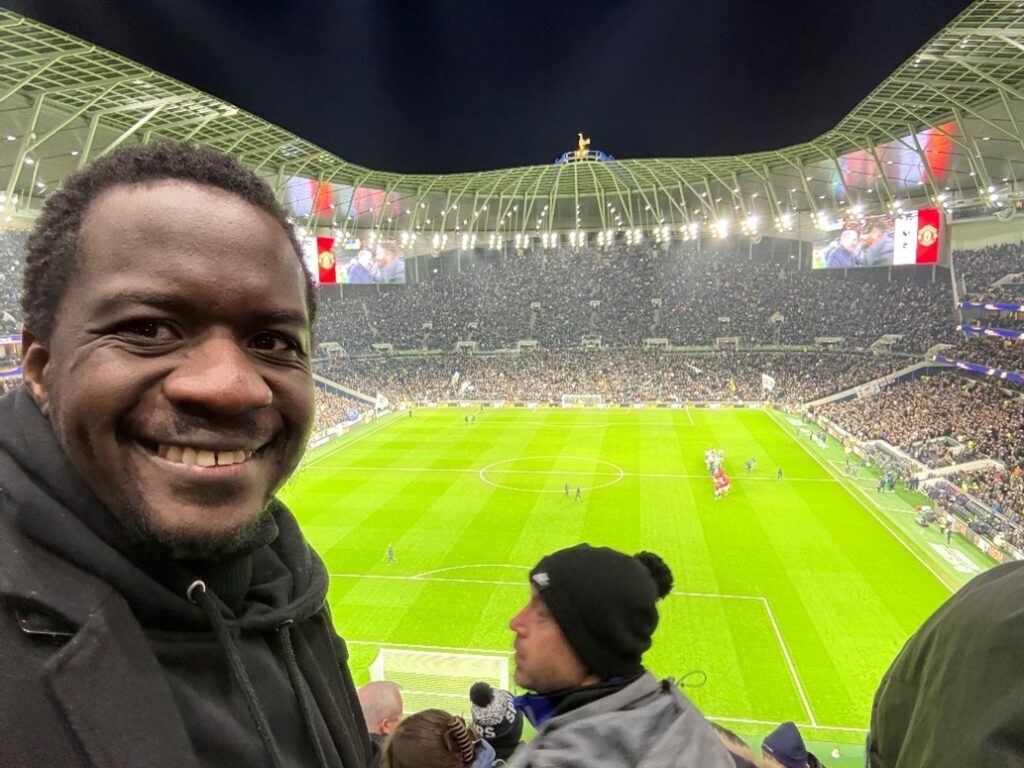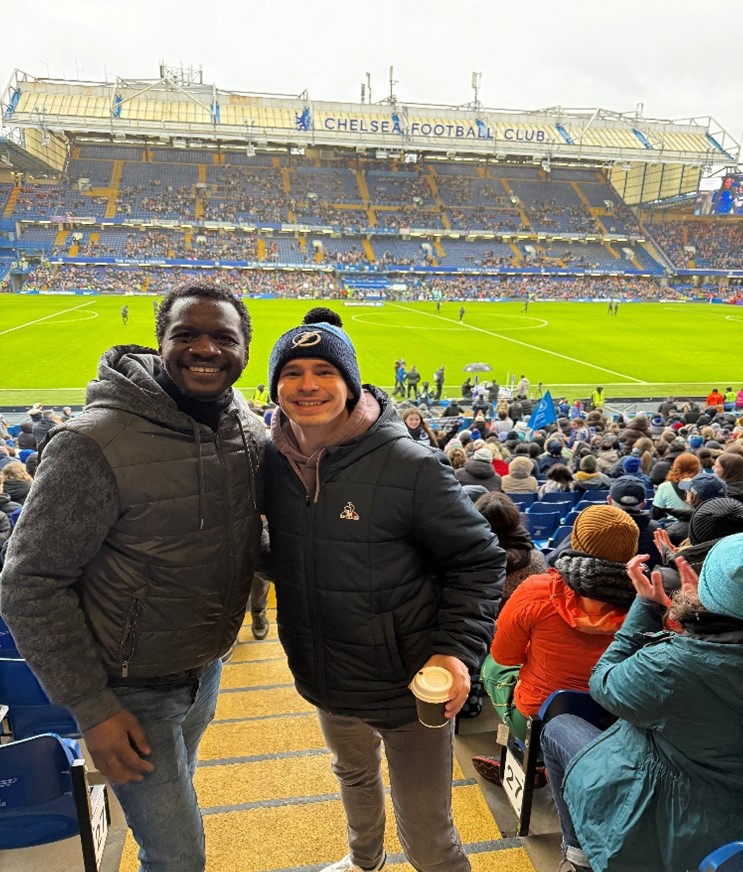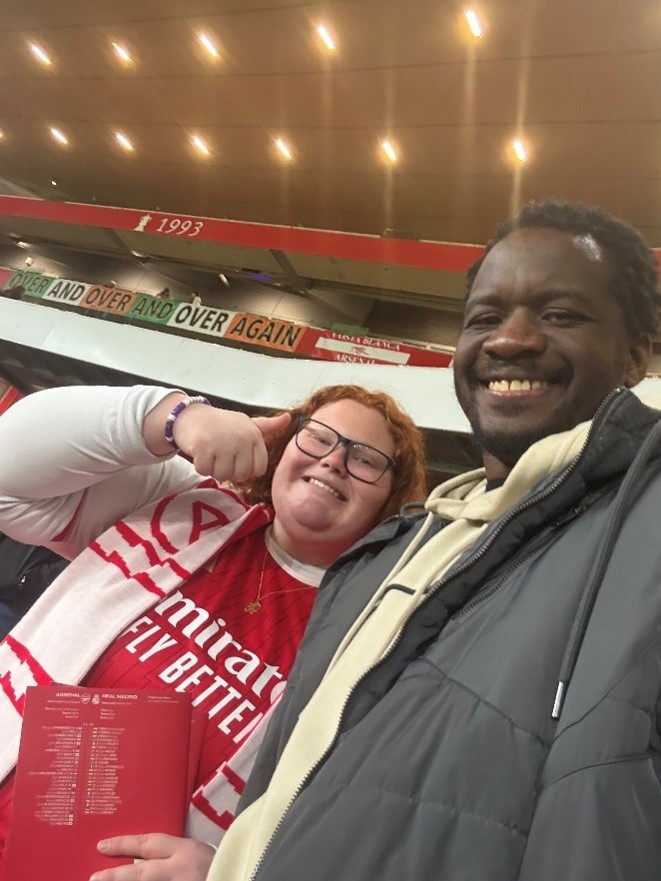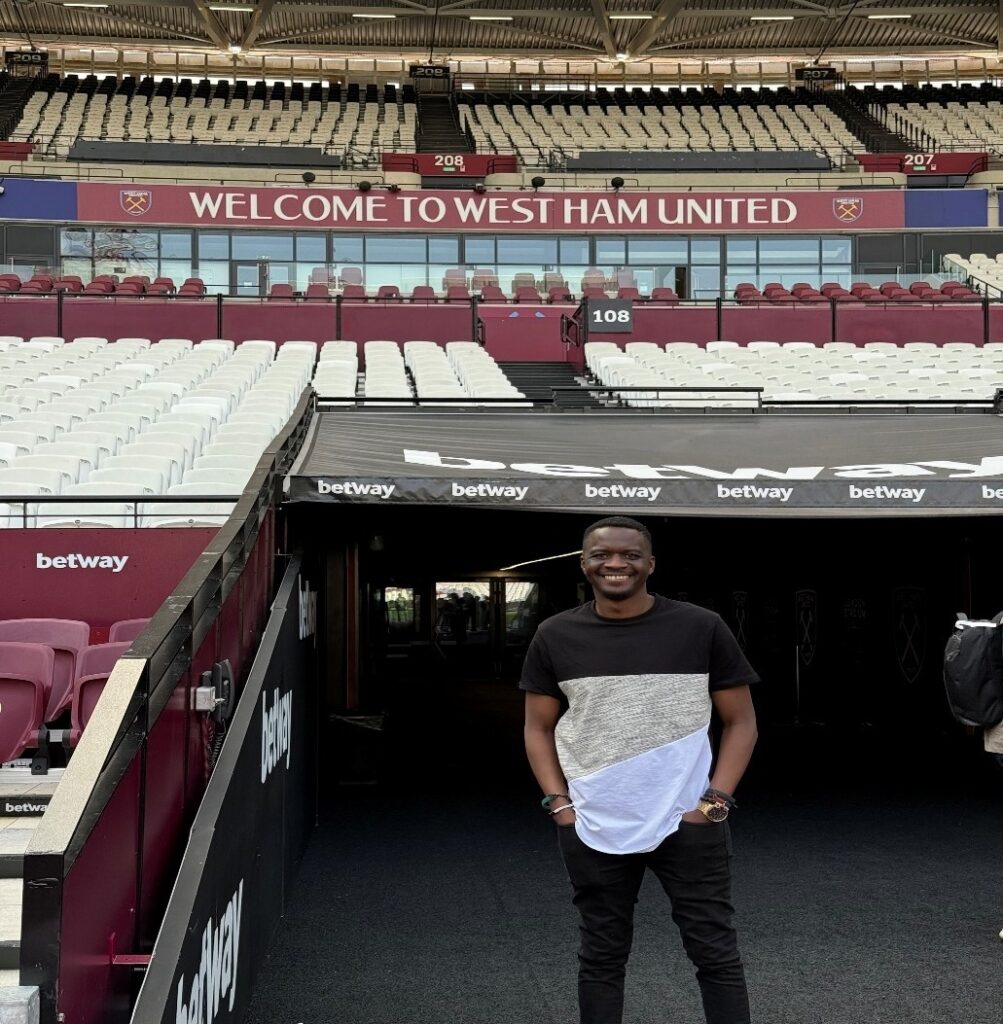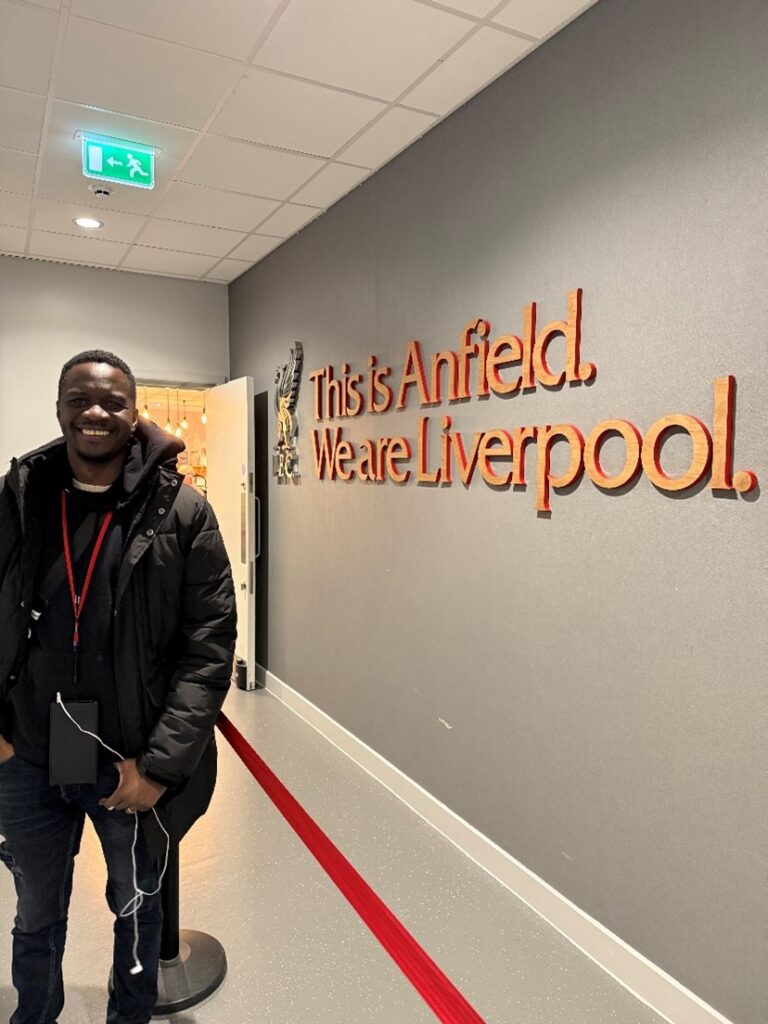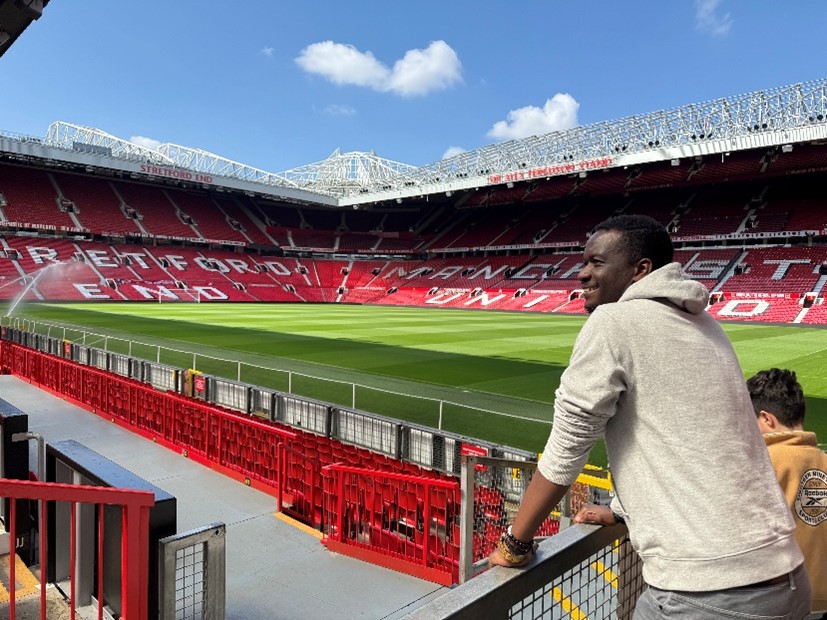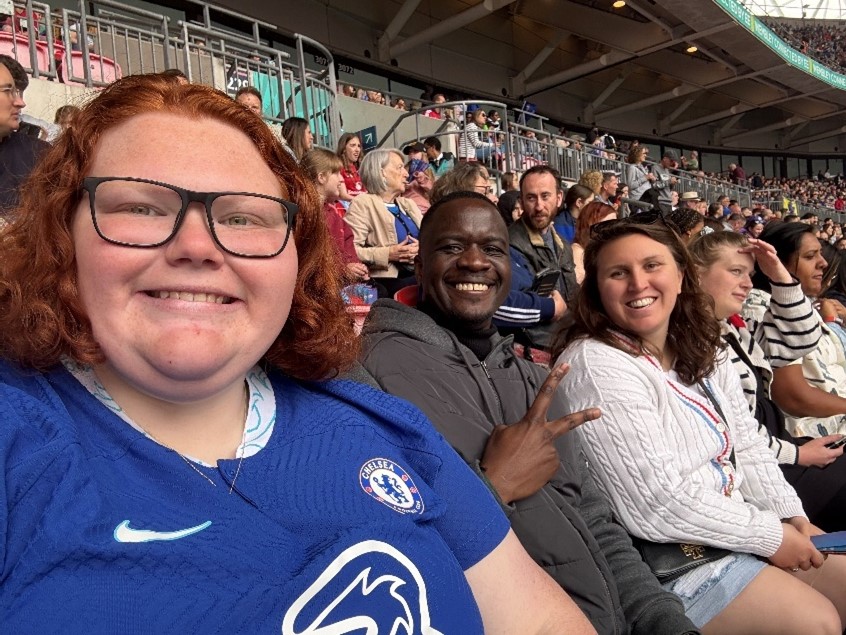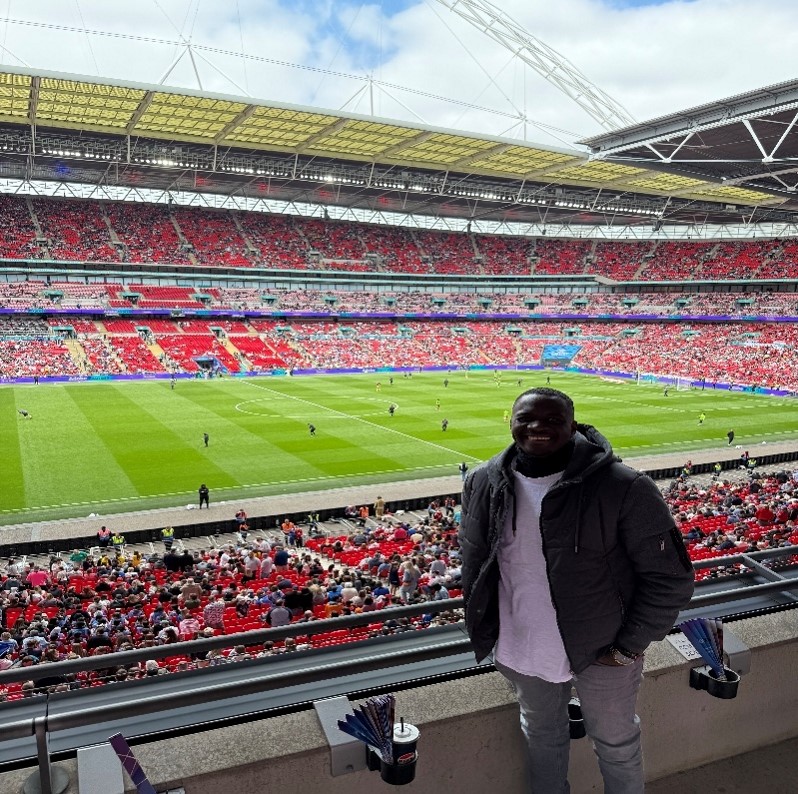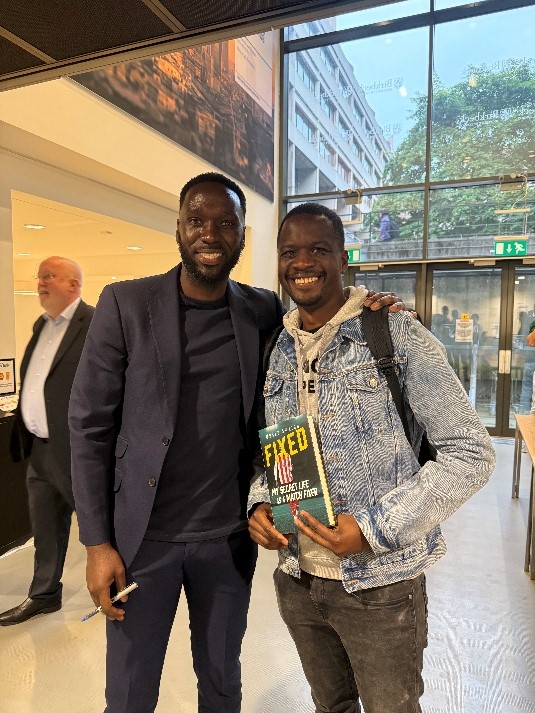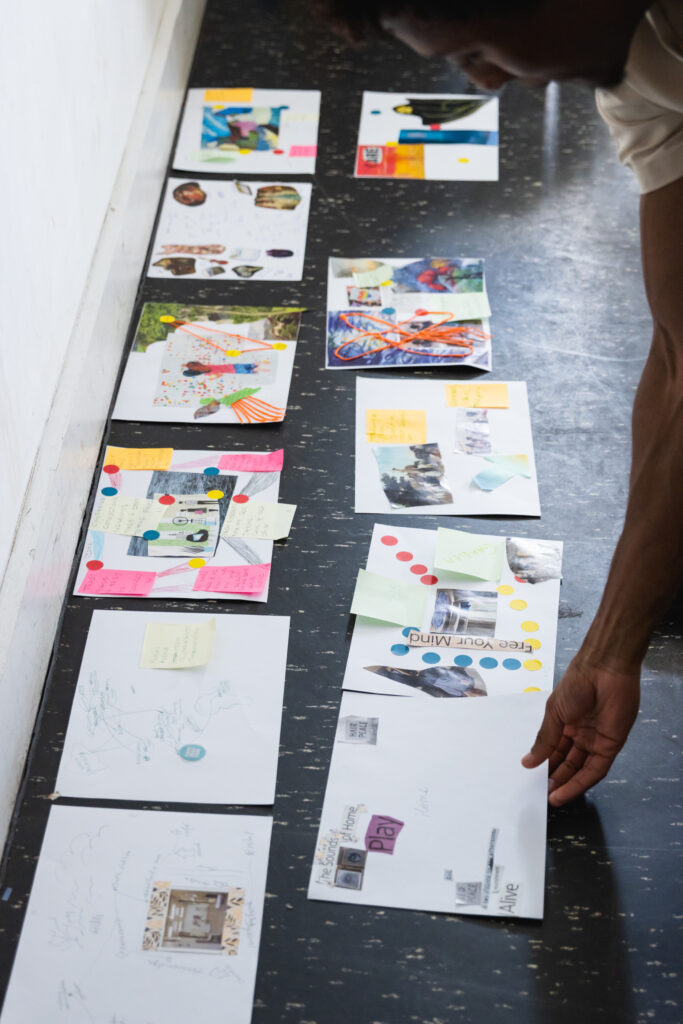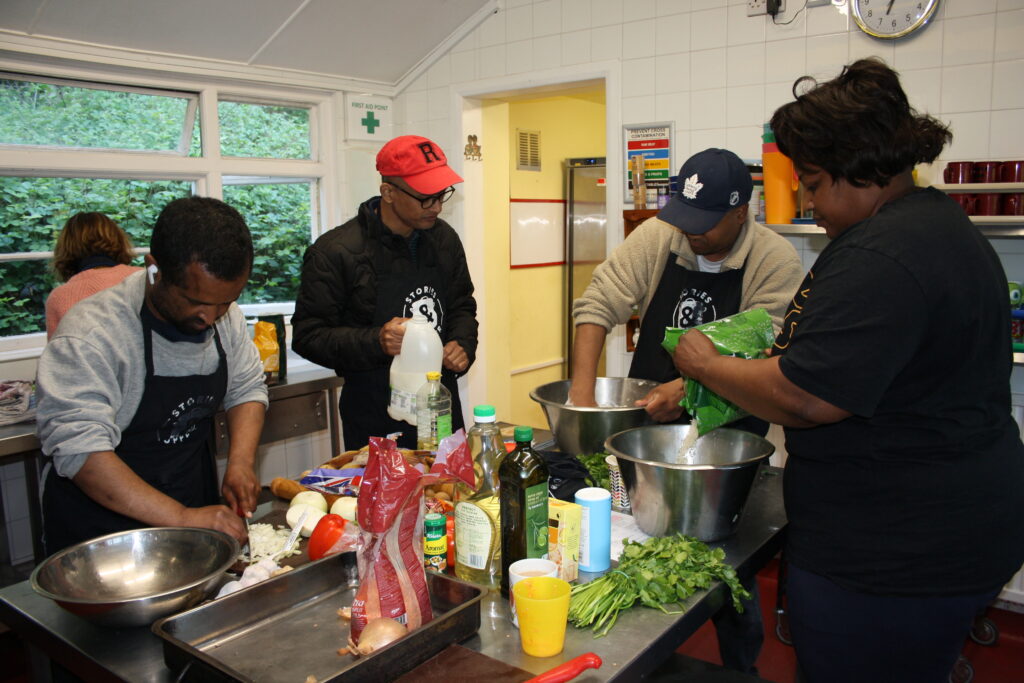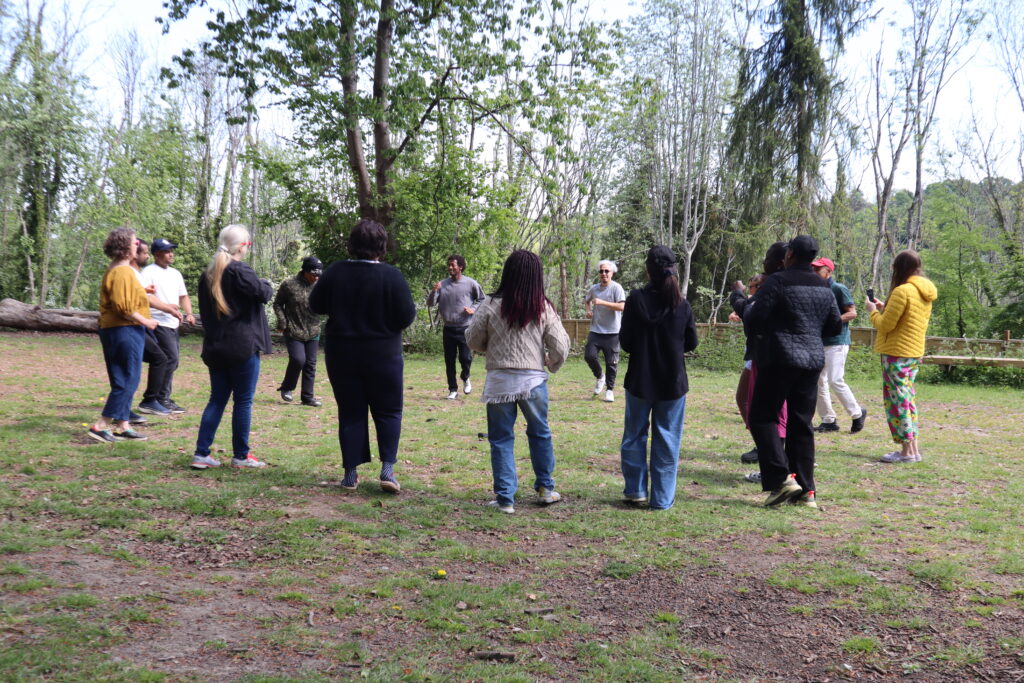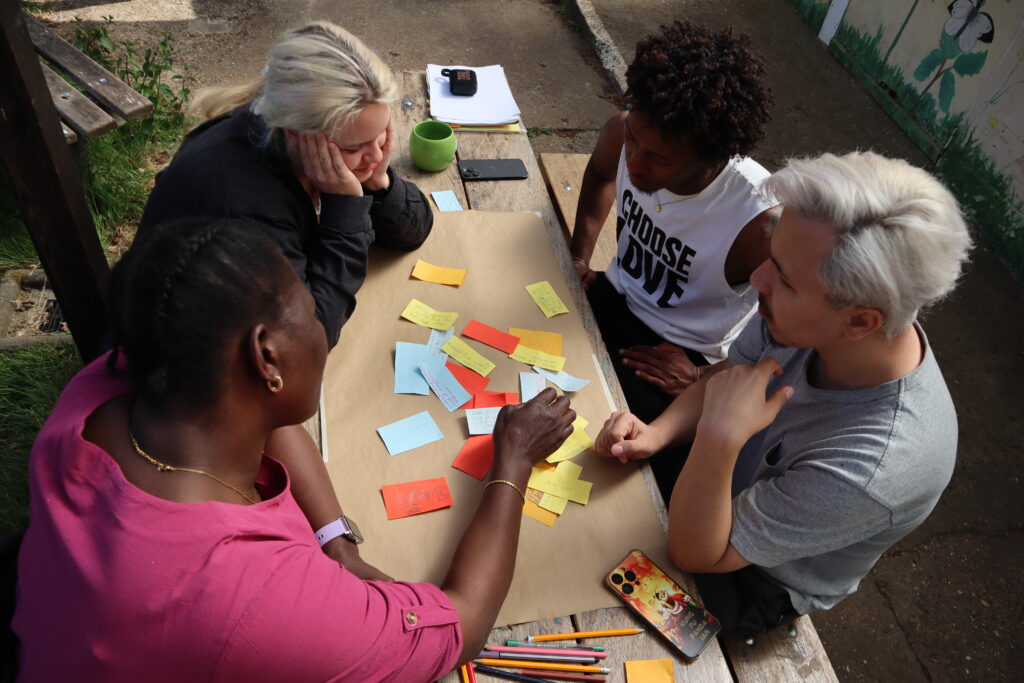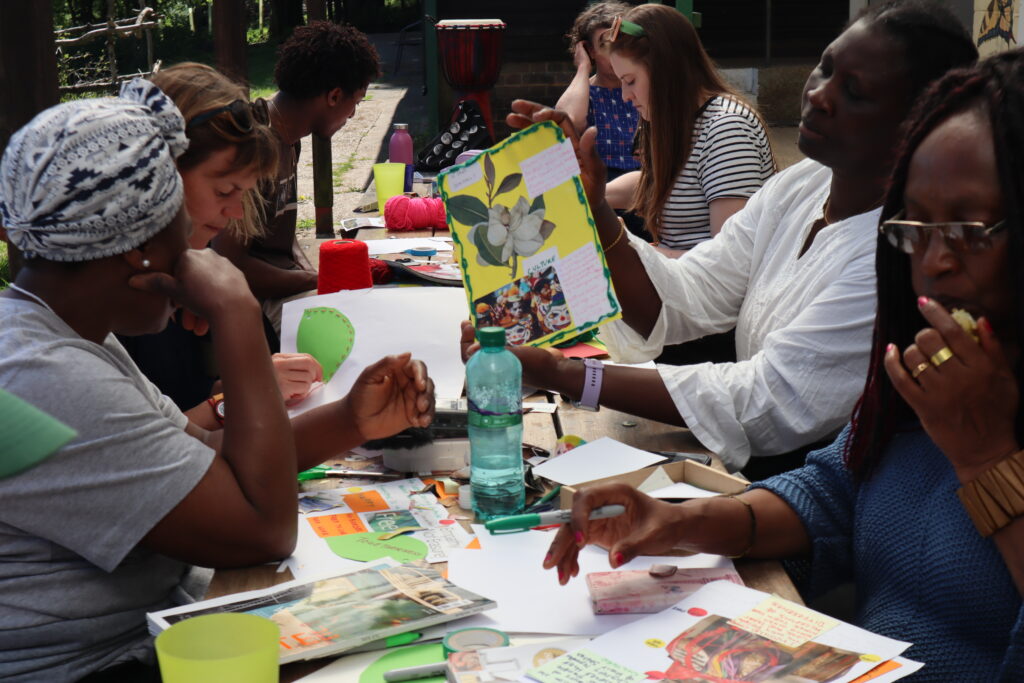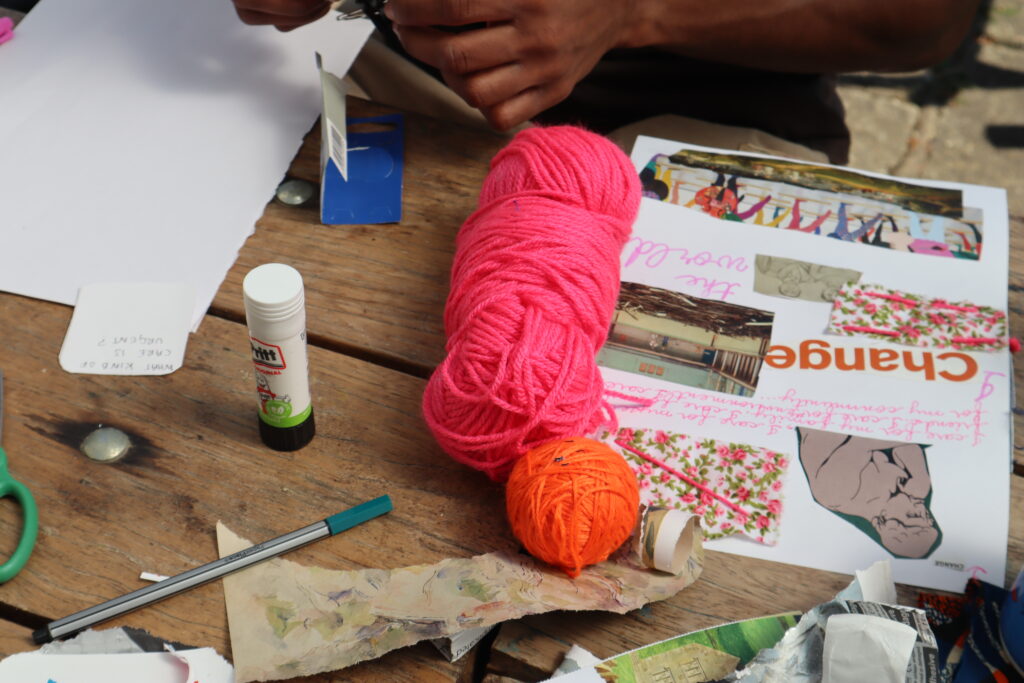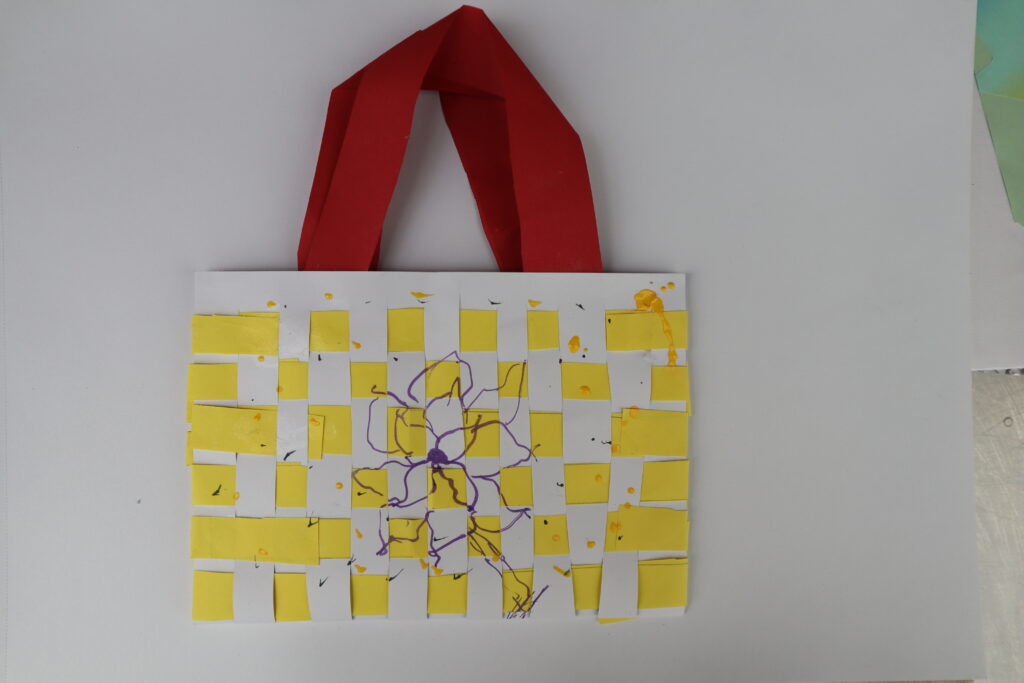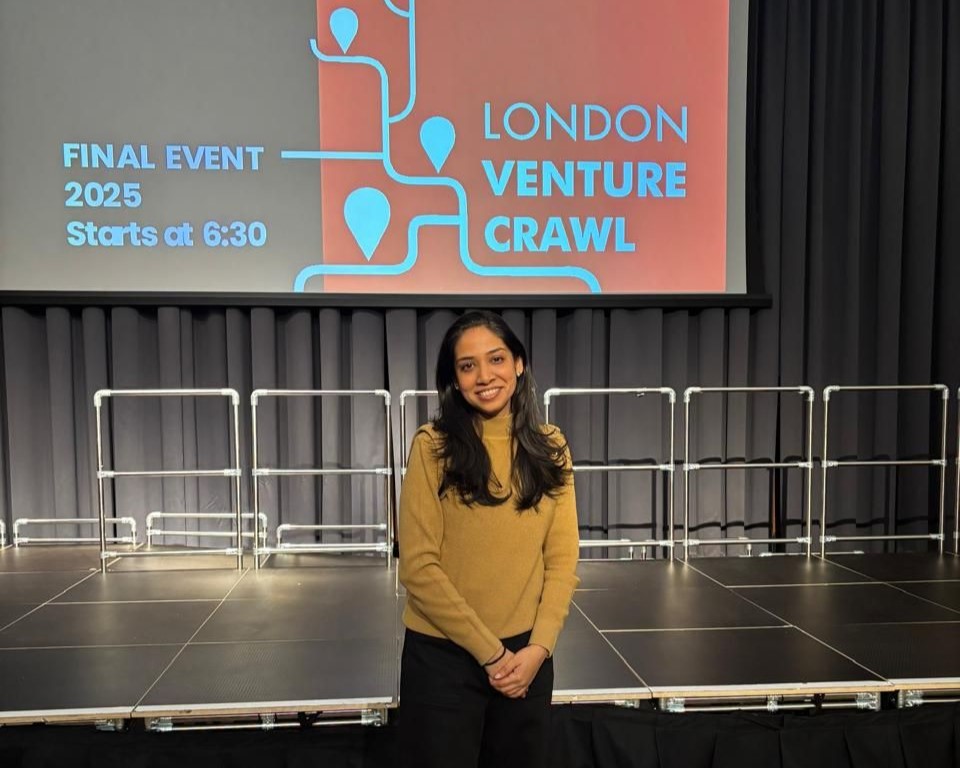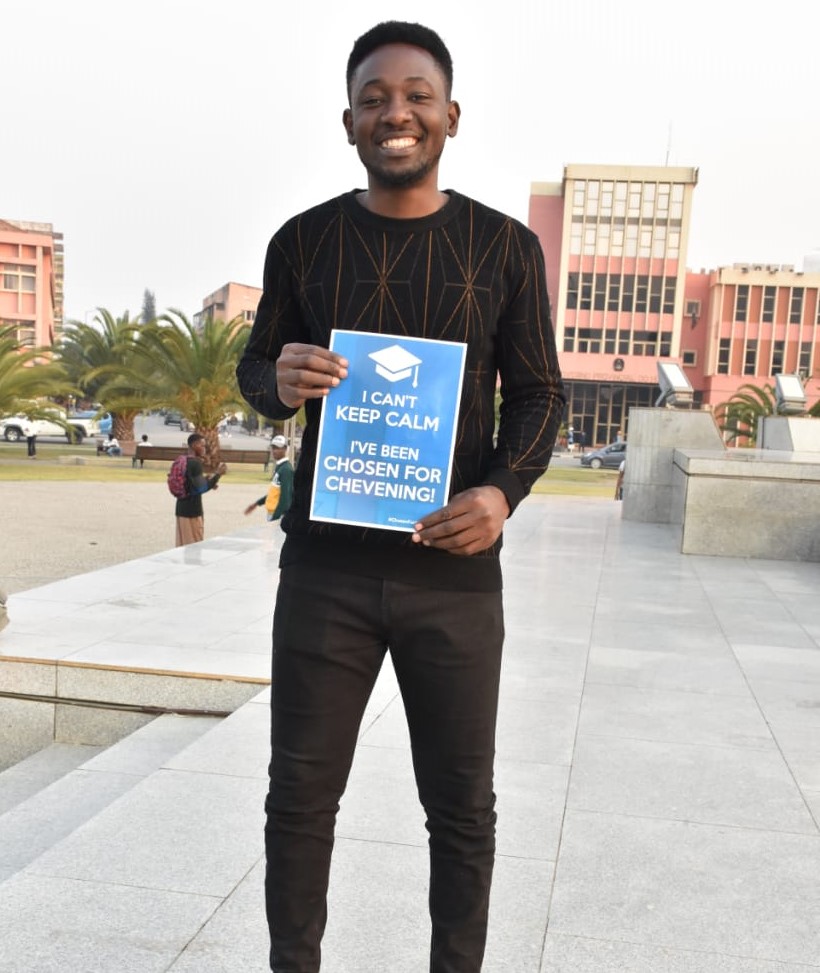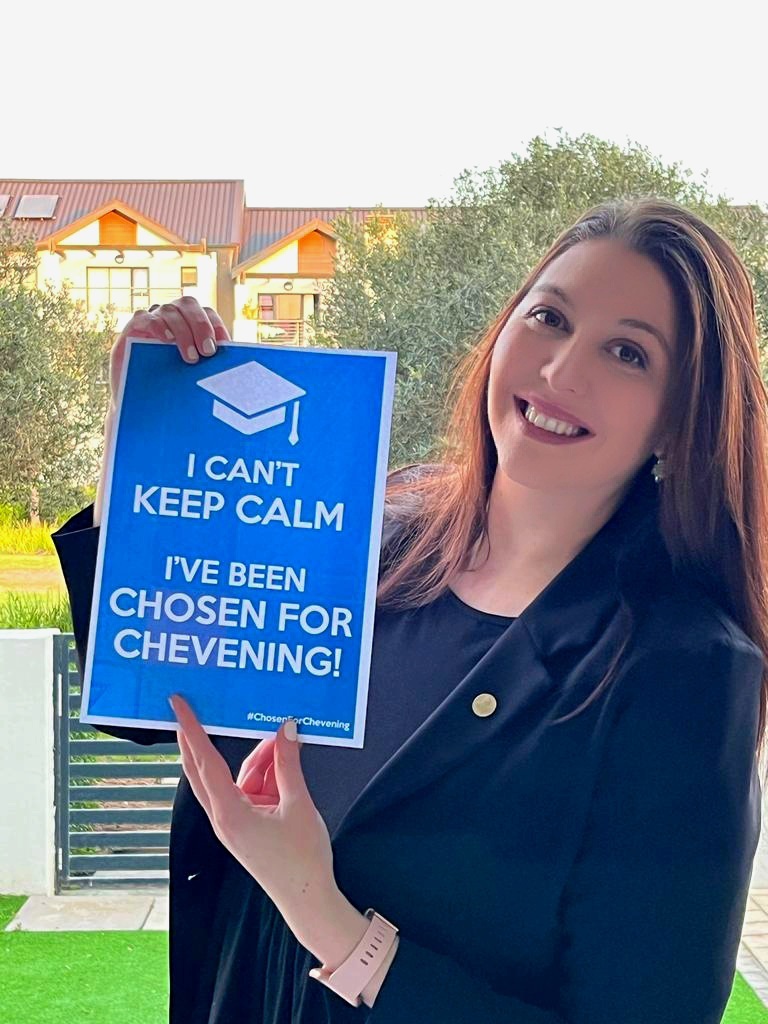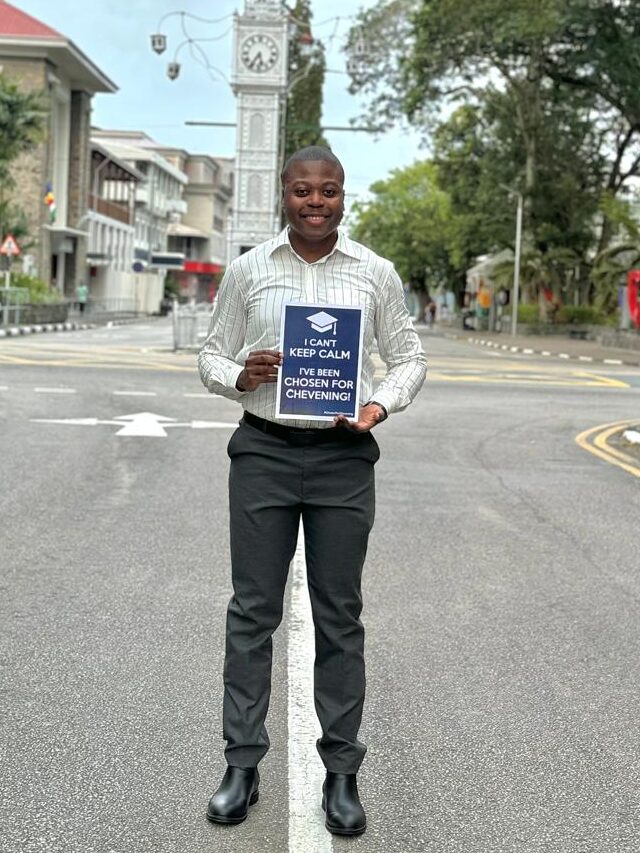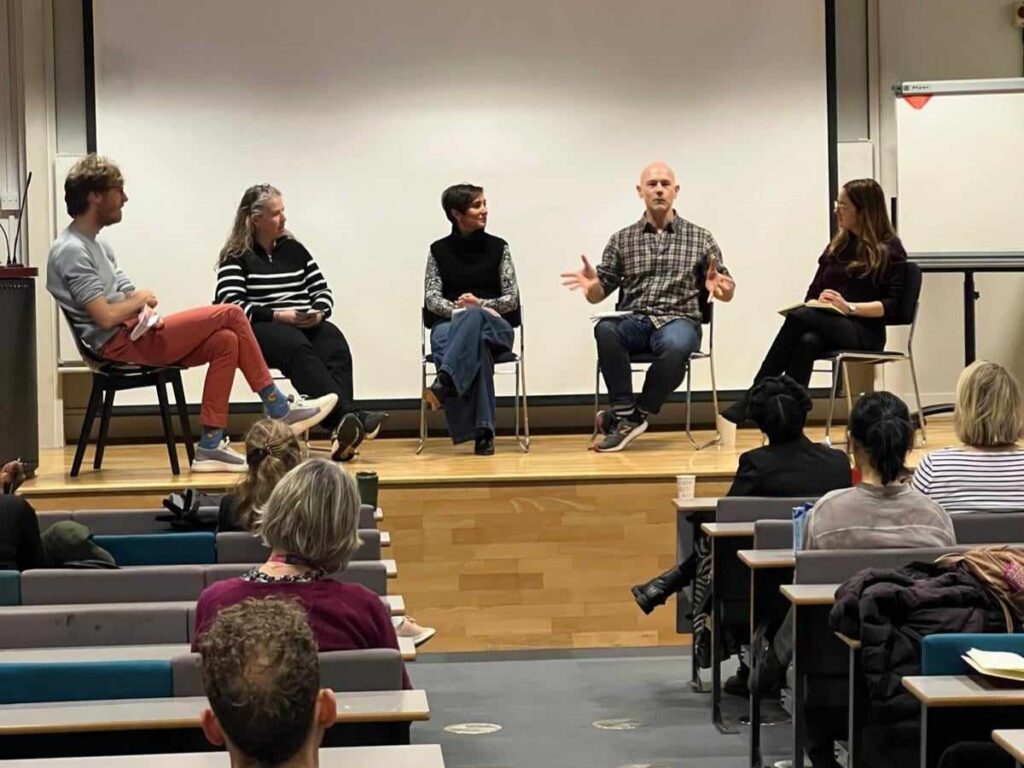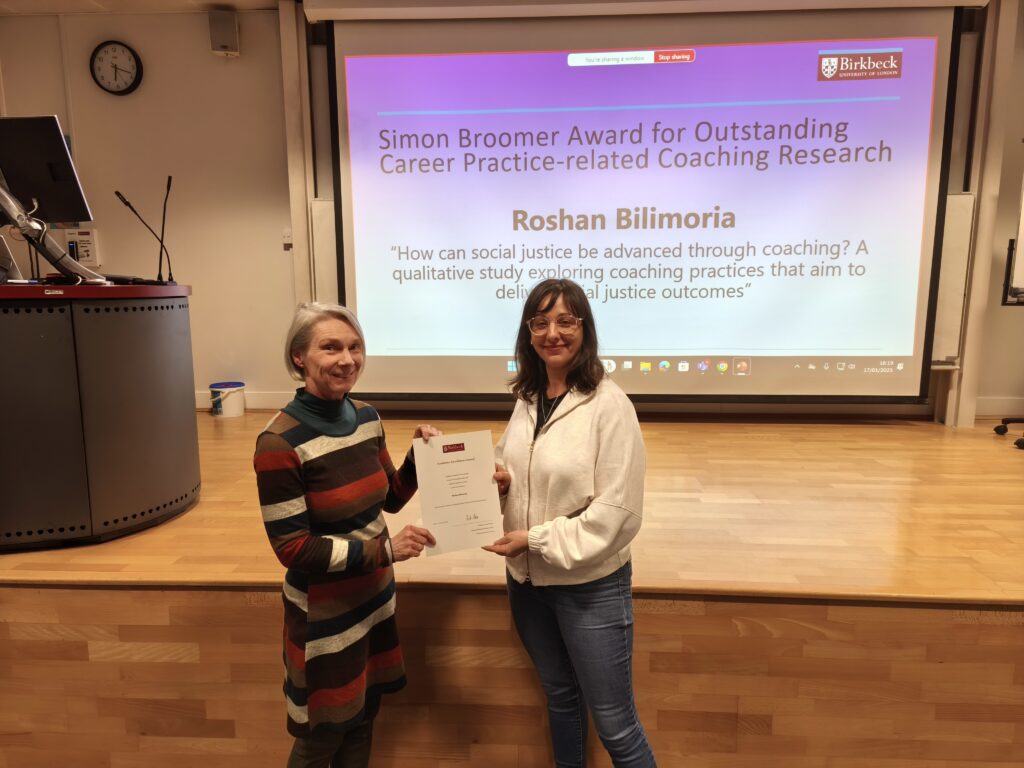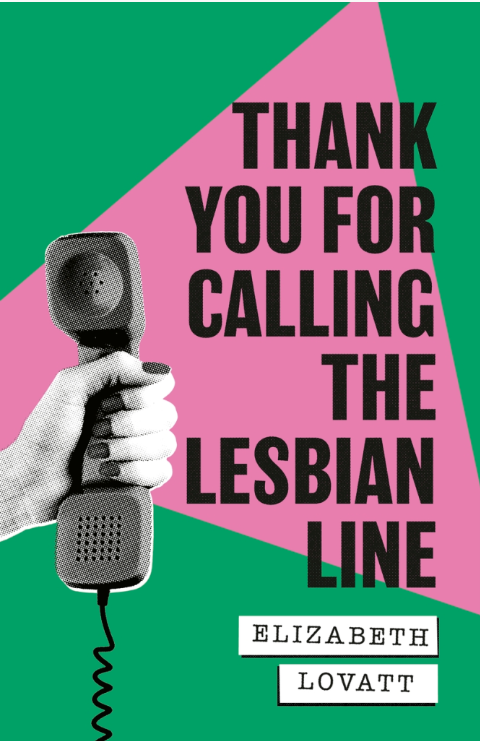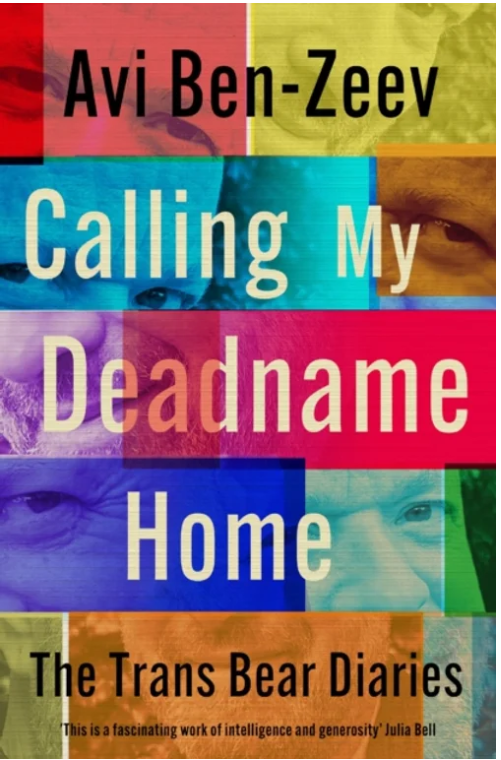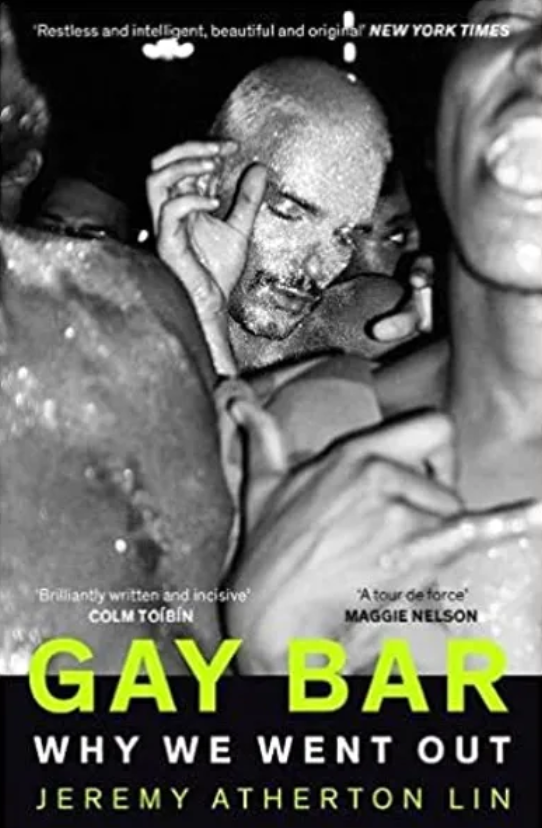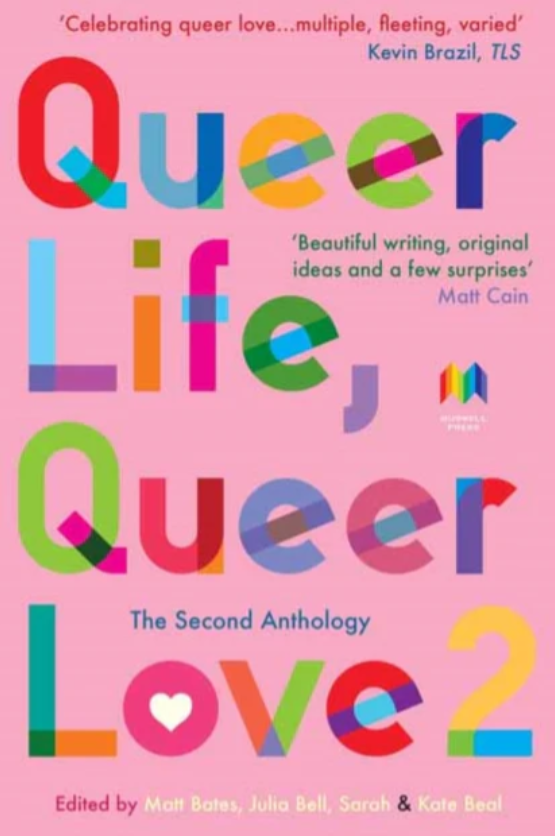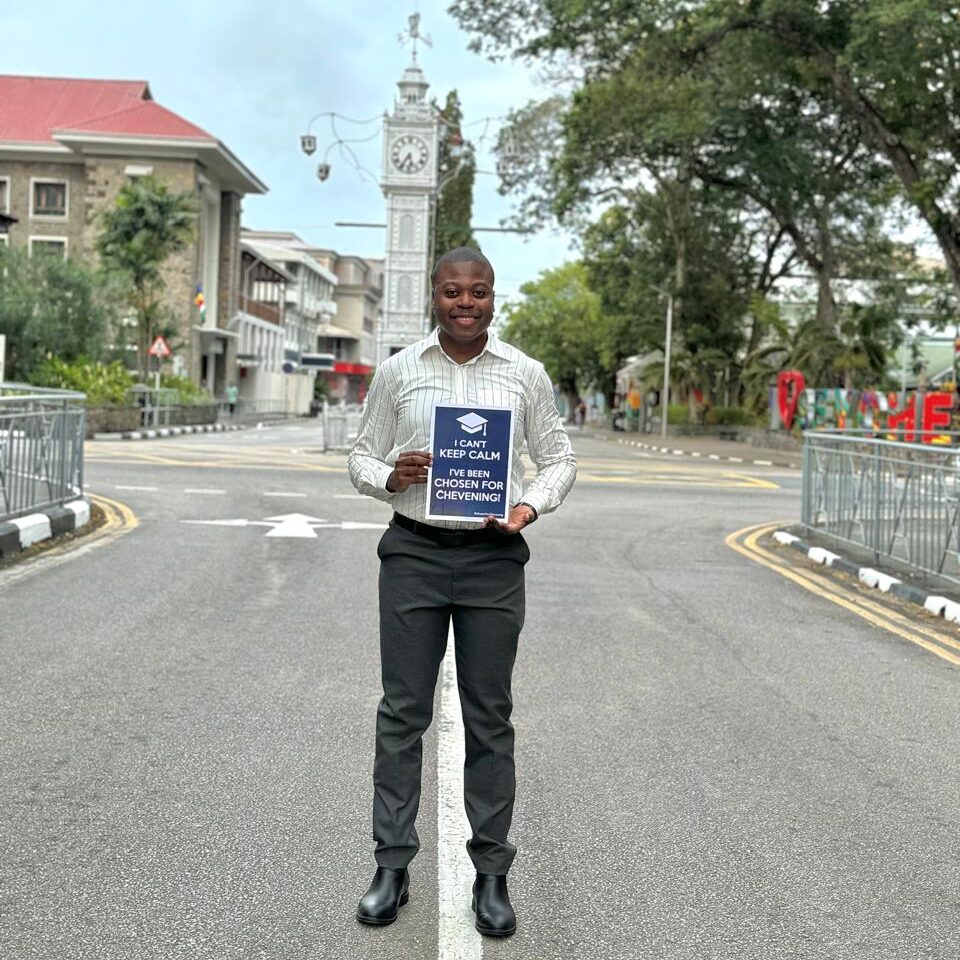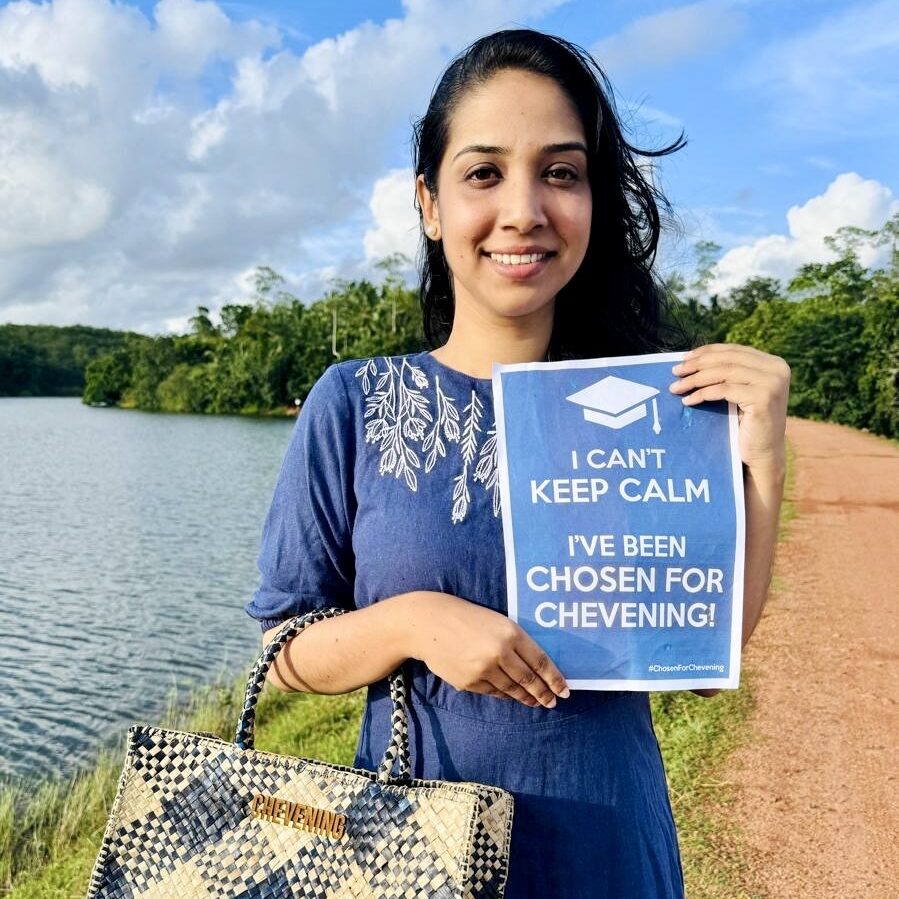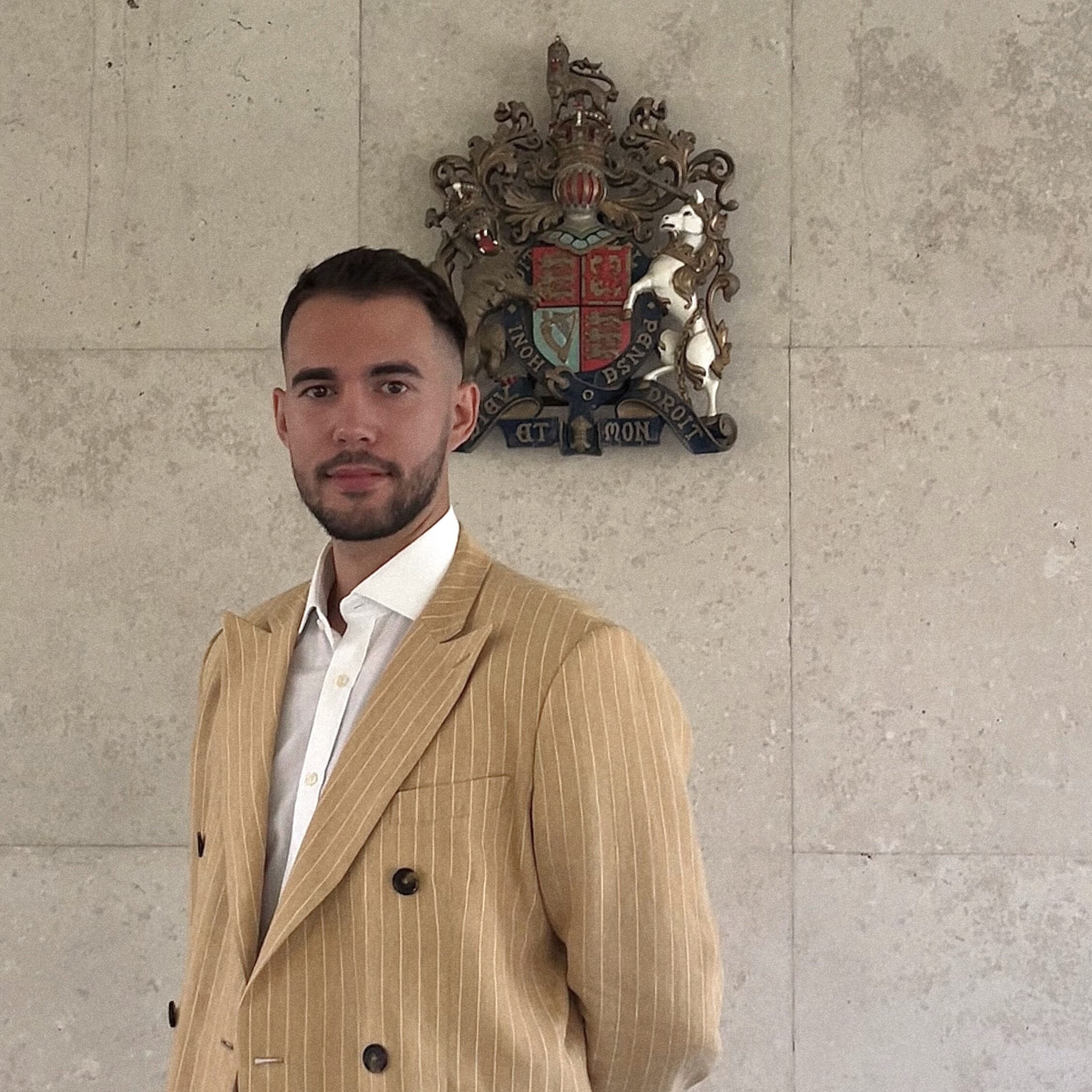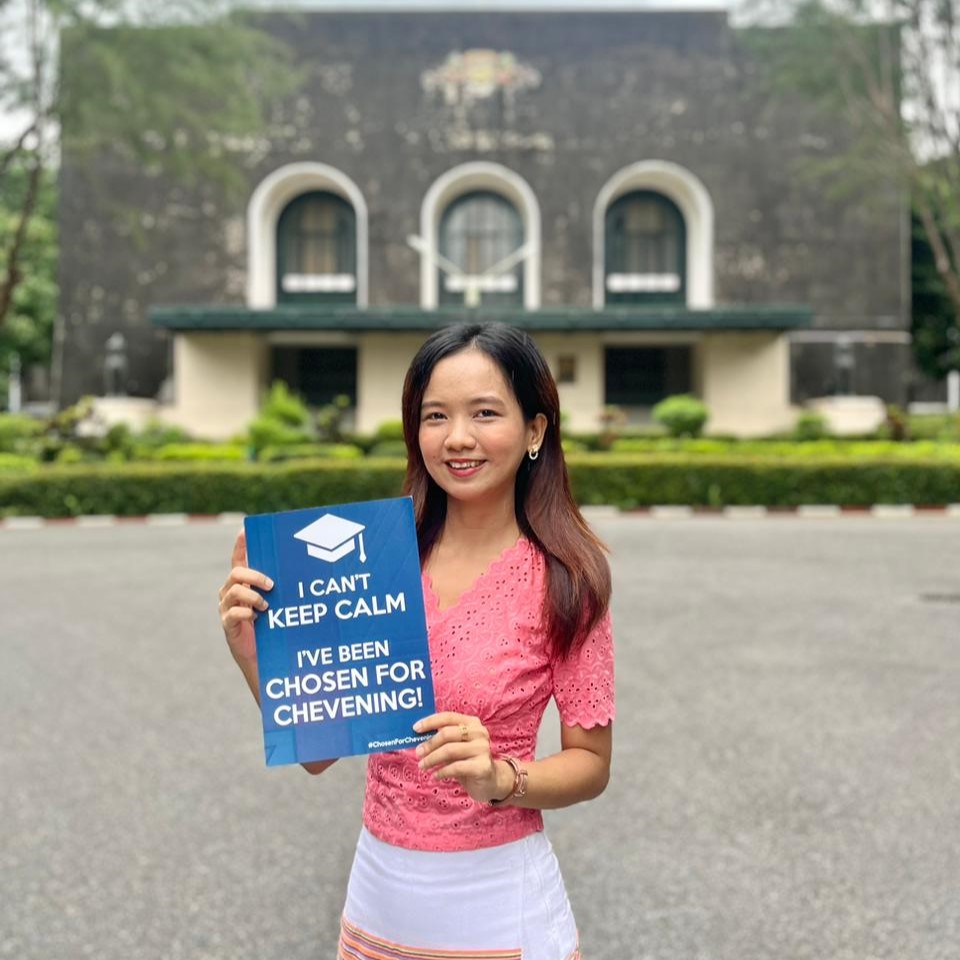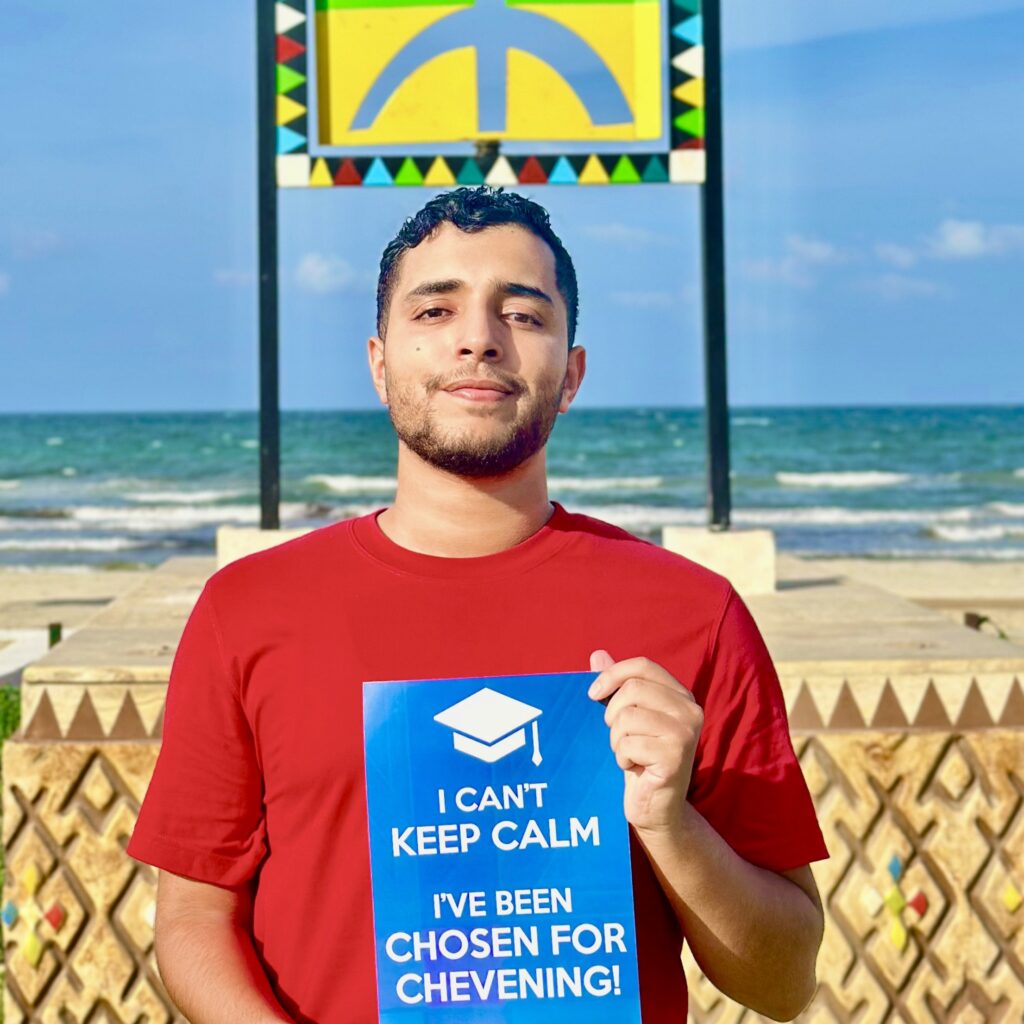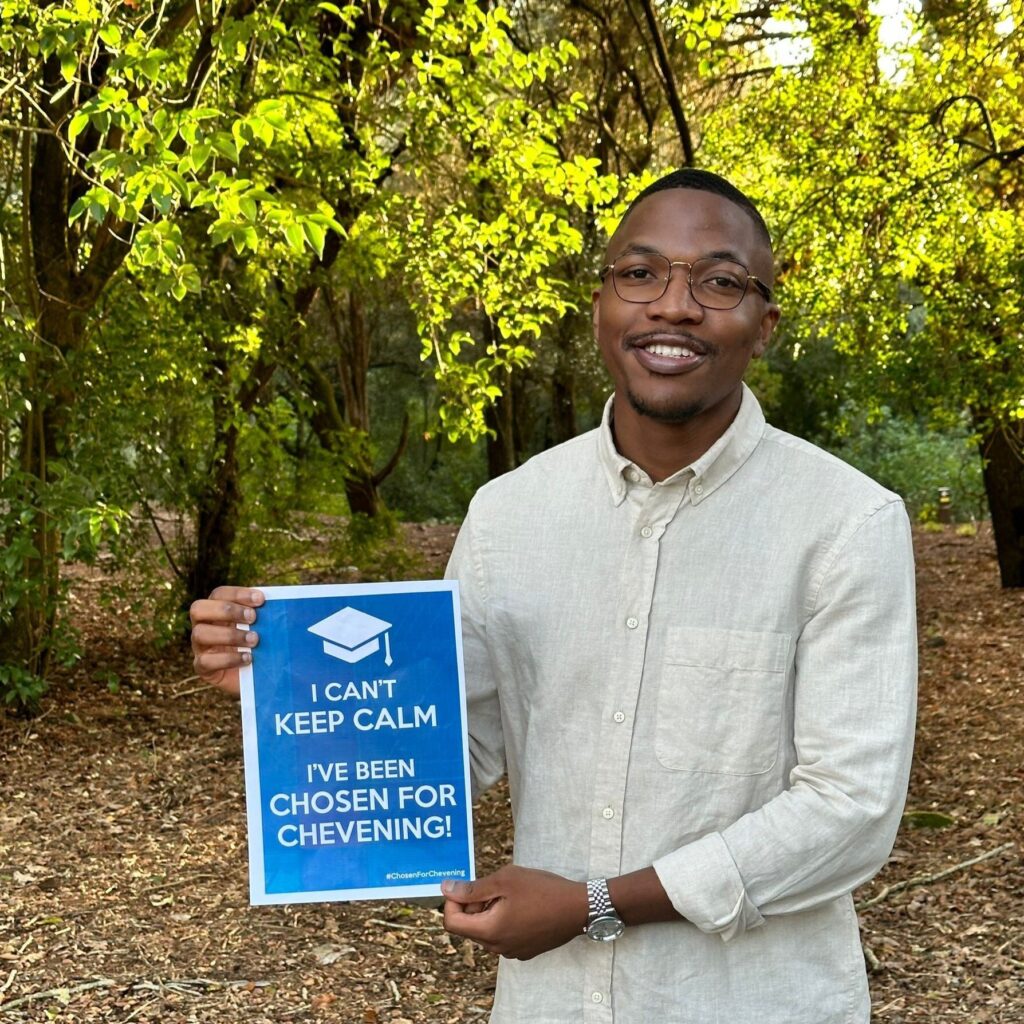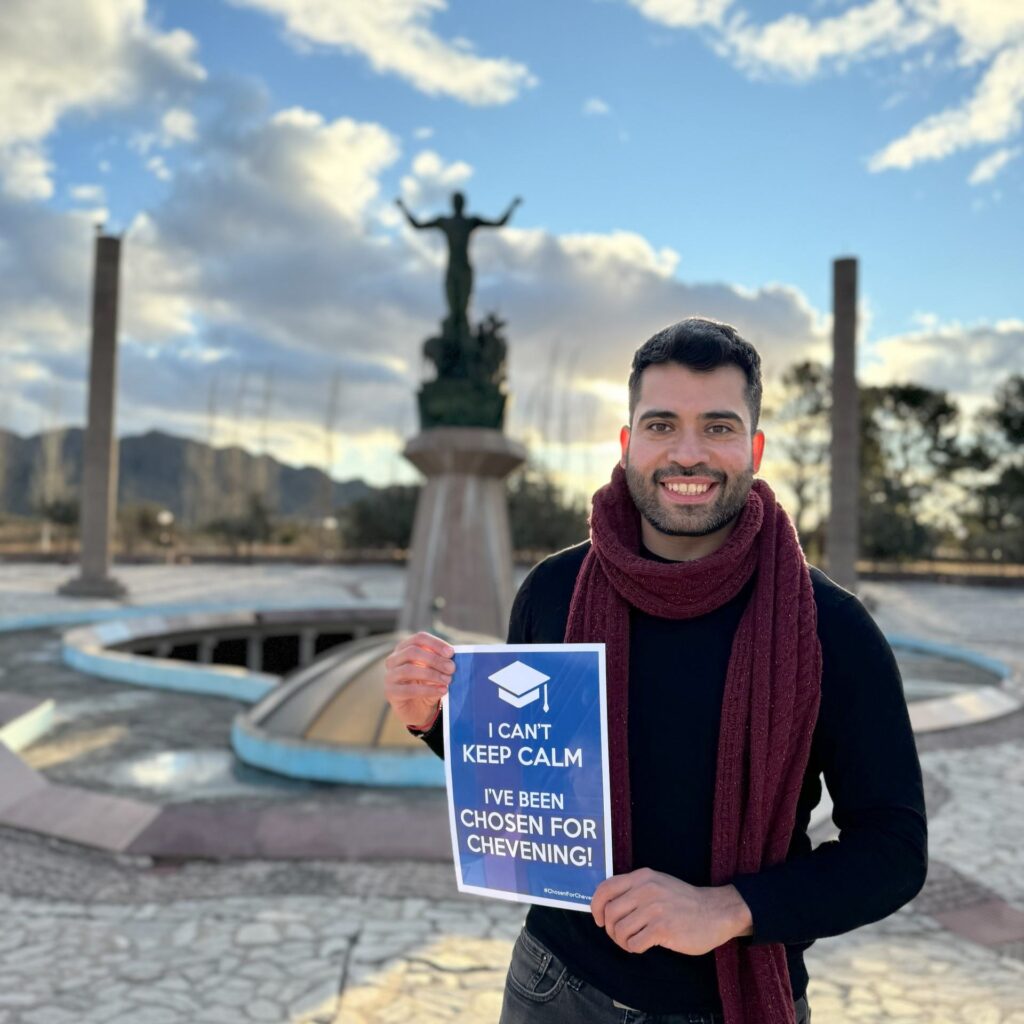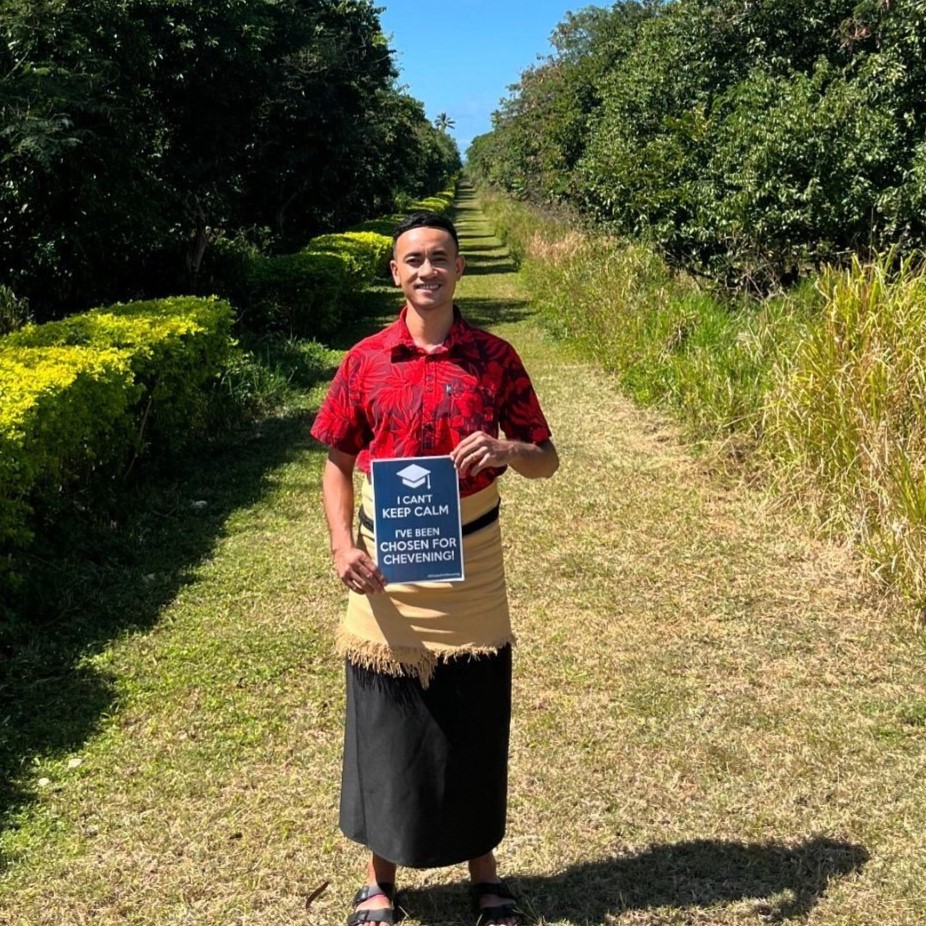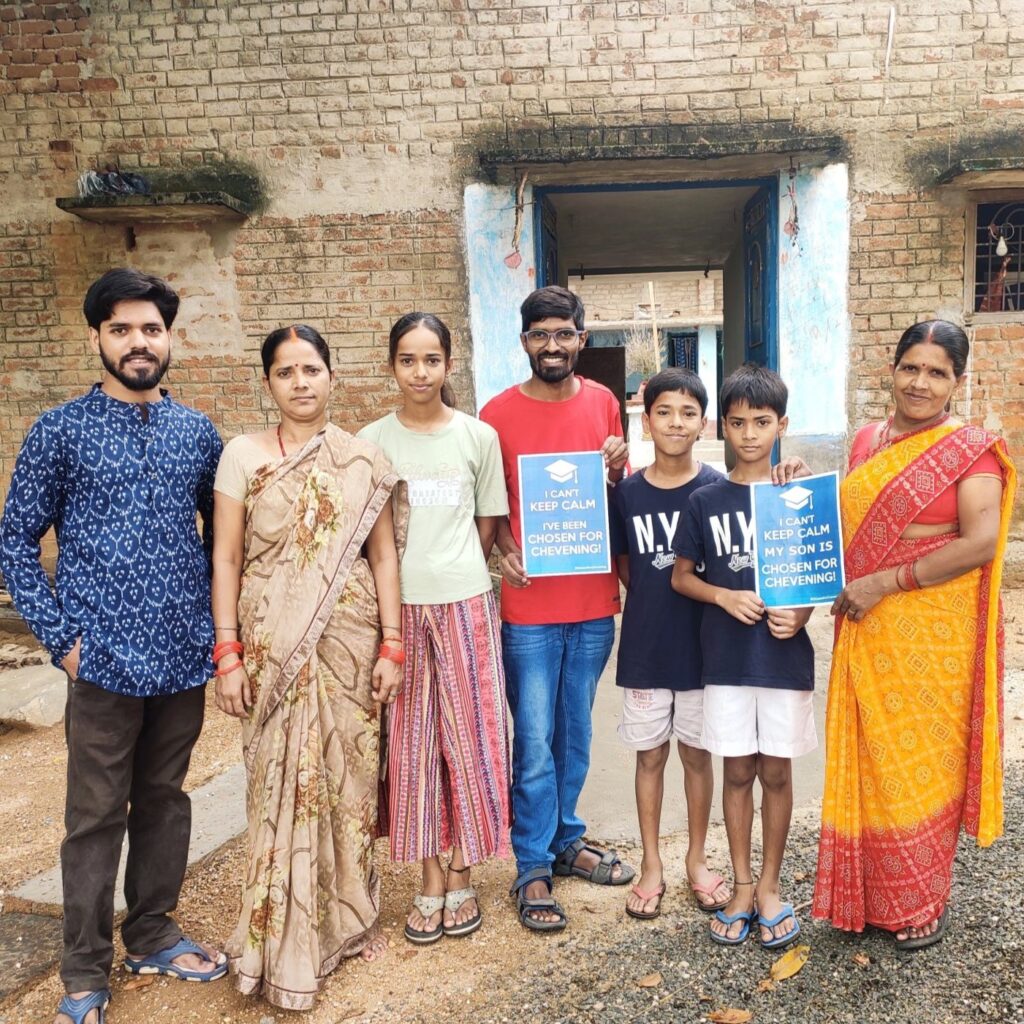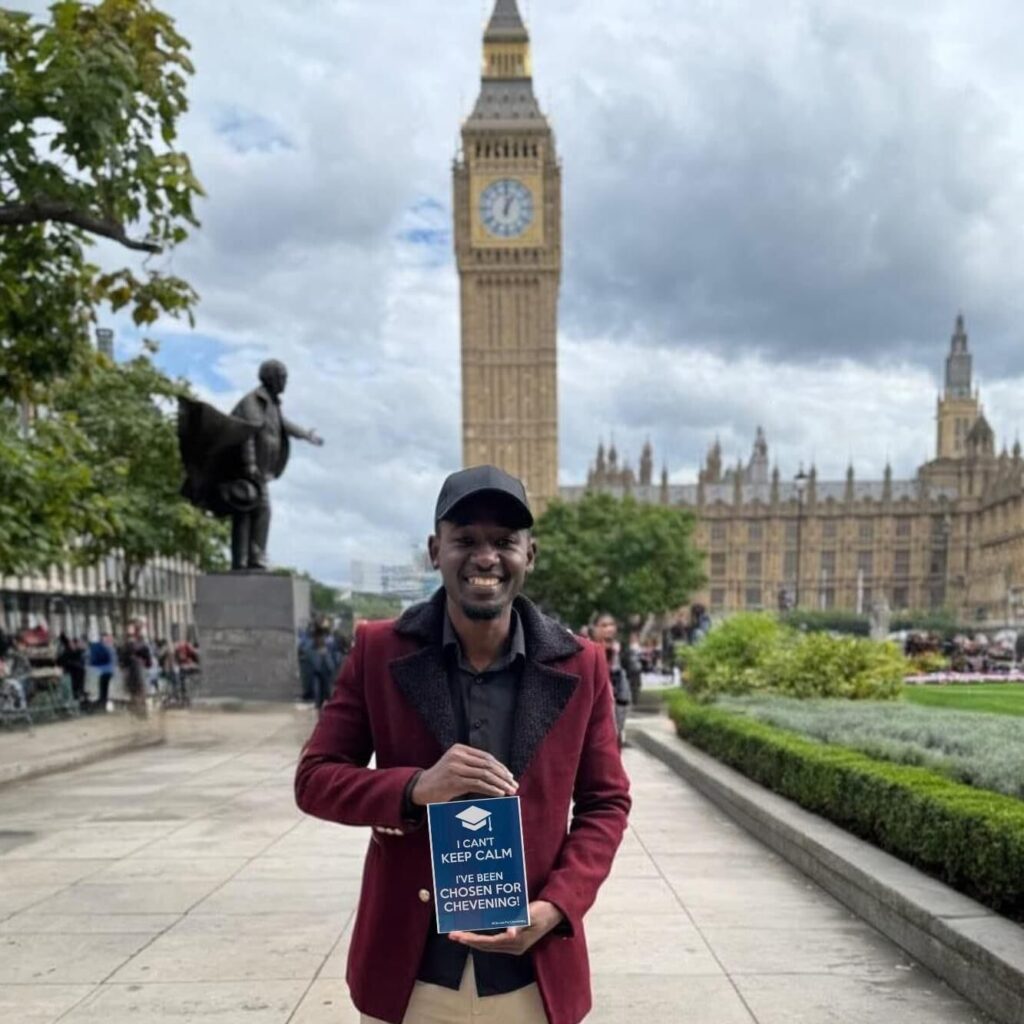Each year, the UK Foreign, Commonwealth & Development Office awards the prestigious Chevening Scholarship to outstanding students recognized for their leadership potential and academic excellence. Here, we get to know some of the 2024/25 Chevening cohort a little better.
Rudy Sinon – Studying MA Advanced Computing
I am a Senior Statistician at the Seychelles Revenue Commission, currently on study leave to pursue my Master’s degree at Birkbeck, University of London. With a background in Public Administration and Political Science, I have spent a decade working in government statistics, using data analysis to enhance revenue collection and compliance.
I applied for the Chevening Scholarship to gain expertise in data analytics and leadership while connecting with a global network of professionals. My long-term goal is to modernize the Seychelles Revenue Commission by integrating advanced technology and data-driven decision-making, ultimately improving efficiency and transparency in the country’s financial sector.
I chose Birkbeck for its flexible learning model, which allows me to balance work and study effectively. Its focus on advanced computational techniques aligns perfectly with my vision of leveraging data science to drive public sector innovation in Seychelles.
Kasuni Chamudika – Studying MSc International Business
I hold degrees in International Studies and Business Administration. After five years as a project officer at the Board of Investment of Sri Lanka, I founded SustainU, a company that empowers MSMEs by helping them develop products, access new markets, and build strategic connections.
I applied for the Chevening Scholarship to enhance my leadership and networking skills while gaining international exposure. After completing my studies, I plan to expand SustainU by developing Learning, Manufacturing, and Selling platforms, creating SME incubation centers, and becoming an international business consultant promoting Sri Lankan exports. I also hope to explore partnerships between the UK and Sri Lanka to foster business development and trade.
I chose Birkbeck for its focus on working professionals and its strong support for entrepreneurial ventures. The university’s career coaching, networking initiatives, and business-oriented programs align with my ambition to drive SME growth and global business expansion.
Marko Stankovic – Studying MSc International Security and Global Governance
I hold a Master of Laws from the University of Belgrade and have studied at Paris 1 Panthéon-Sorbonne University. My professional experience includes working with the OSCE Mission to Serbia, where I contributed to police reform, human rights advocacy, and youth training initiatives.
I applied for the Chevening Scholarship to gain a top-tier education, expand my global perspective, and develop innovative approaches to security and governance challenges. My long-term ambition is to lead an international organization, promoting peace, security, equality, and human rights.
I chose Birkbeck for its interdisciplinary approach and strong focus on social and political issues. The program builds on my expertise, combining history, geopolitics, and social sciences to address modern global conflicts. This academic experience will help me transition from practical fieldwork to a broader, strategic perspective on international security.
Patrick Lonjezo Chimimba – Studying MSc in Sport Management and the Business of Football
I have worked for several organizations, private and public in Malawi and I am the current Chief Executive Officer of Silver Strikers Football Club, a team playing in the Malawian Elite League. I am also a Director of Operation of Mpira Mmudzi Mwathu, a Sport for Development organization that uses sport as a tool for social change and development, nurturing young boys and girls for 3 years.
I selected Birkbeck because it provides a practical program in Sports Management and the Business of Football that resonated very well with my career plan. The Sports Management component is important in my role with Mpira Mmudzi Mwathu and the Business of Football component will be utilized in my role as the CEO of Silver Strikers Football Club. The Sports Management program at Birkbeck’s reputation made me choose it over other institutions, the tailored made professional talks by industry gurus made me fall in love with Birkbeck.
Hnin Myat Mon – Studying MA Language Teaching/Teaching English to Speakers of Other Languages
I stepped into the world of English Language Teaching at University of Yangon in Myanmar. Since I’VE BEEN CHOSEN FOR CHEVENING, I am going to further my Master’s in TESOL (Teaching English to Speakers of Other Languages) at Birkbeck, University of London.
I am thankful to Chevening (FCDO) for this wonderful opportunity to achieve the dream of doing a master’s degree in the UK.
Idris Aldrisi – Studying MSc Public Policy and Management
With a background in English education and public policy, I am passionate about creating positive change in my community in Libya. My journey began with my degree in English Education, which gave me the foundational skills to communicate effectively and teach others. However, my drive to contribute to the development of my country led me to engage in initiatives beyond education, such as my work with the UNDP in Zuwara, Libya. Here, I led a project to prevent violent extremism, which allowed me to develop leadership skills, such as building relationships with key stakeholders and managing large-scale community efforts. This experience ignited my interest in public policy, as I saw firsthand how policy can influence sustainable social change.
I applied for the Chevening Scholarship to deepen my knowledge of public policy and to contribute meaningfully to Libya’s development. My long-term plan after Chevening involves working on policy reform in Libya, focusing on migration, organized crime, and education. I aspire to work at both the municipal level in my hometown, Zuwara, and later, at the national level. My ultimate goal is to shape policies that promote decentralization, social justice, and economic development. I also plan to leverage my experience to contribute to international policies, particularly on issues like climate change and regional stability.
Marcio Da Fonseca Antonio – Studying LLM in Law and Political Economy
Studying at an institution associated with Marcus Garvey, a central figure for black communities, will be an honor I will carry with me for life.
I strongly believe that building the prosperous Angola we all aspire to requires investing in our human capital and my experience as an athlete has taught me to never shy away from challenges and to relentlessly pursue excellence.
The teachers are extremely inspiring and the program is very interesting. I believe that Birkbeck, University of London is the right place to have a memorable experience and that will certainly help me make a difference when I return to Angola.
Marcos Flores Leyes – Studying LLM Criminal Law and Criminal Justice
I began my career in the Judiciary of the Province of San Luis, Argentina, as a Judicial Agent (2010), later serving as Juvenile Defender (2016), Public Prosecutor (2017) Criminal, Correctional, and Misdemeanor Investigating Judge (2018-2021) and since 2022, I have been serving as a Guarantee Judge. I have a strong commitment to social justice, particularly in defending human rights.
I applied for Chevening because it presents a unique opportunity to expand my expertise in criminal law and human rights within a global context. My long-term goal is to continue advancing in the Argentine judicial system, working towards positions where I can influence jurisprudence related to human rights, gender-based violence, and child protection. I also aim to use my knowledge to improve legal practices and access to justice in my province.
I chose Birkbeck because of its renowned academic excellence in criminal law and its interdisciplinary approach, which perfectly aligns with my professional interests. The flexibility of its evening study program also allows me to balance my studies with my ongoing judicial duties.
Rico Tuhanuku – Studying LLM Law General
My decision to apply for the Chevening Scholarship was driven by a deep-seated desire to contribute meaningfully to Tonga’s legal framework and strengthen its existing relationship with the United Kingdom Government.
Upon my return to Tonga, I intend to leverage the knowledge and skills gained through this LLM program to make a significant impact on the public sector. I envision myself playing a pivotal role in shaping policies that address the specific needs and aspirations of our nation. My end-goal is to assume a leadership position, such as Chief Executive Officer of the Public Service Commission or another integrity agency, where I can directly influence the development and implementation of public policies.
I am committed to fostering collaboration and partnerships to address policy gaps and ensure that our legal framework operates effectively. I am confident that my LLM will provide me with the necessary qualifications and expertise to pursue more influential roles within Tonga’s legal landscape and contribute to the nation’s progress and development.
Sishu Ranjan – MSc Education and Social Justice
I have been a student leader, educator, and researcher in India for around 5 years and my full-time education. I have been actively involved in student politics and social movements. My university education was in Chemistry as a first-generation tertiary student. I taught undergraduate-level Chemistry at a college in my home state Jharkhand. Then I shifted my education to study ‘Education’ as a discipline at Jamia Millia Islamia New Delhi and then at Azim Premji University Bangalore where I developed a basic understanding of teaching and learning, education policies, and teacher education in India.
Being a student leader, academic activist, and activist who thrives for social justice, Chevening is a platform to connect with like-minded scholars across the globe who work especially on education and education policies. My long-term plan is to teach at a university and then enter into active politics to work for the democratization of education among the most marginalized groups of India by collaborating with Indian Chevening scholars. I aim to transform Teacher Education programs running in India by transforming their curriculum and the process radically.
I am studying MSc Education and Social Justice at Birkbeck to understand the role of politics and economy in shaping education policies. My main aim is to develop skills in research around education and social justice to research teacher education in India for social justice by situating in a global and neo-liberal context. Birkbeck being an evening university and non-traditional, provides me an opportunity to learn with experienced people in the classroom. Also, the history of Birkbeck University motivated me to understand the culture of non-traditional tertiary education which will help me in the future to shape Indian higher education.
Vasco – Studying MA Language Teaching/Teaching English to Speakers of Other Languages
I am Vasco, from Angola. As a Chevening Scholar, I chose Birkbeck, University of London, for its unique evening-based approach to education, which brings together a diverse community of students balancing work and studies. This flexible environment is ideal for pursuing my master’s in TESOL, allowing me to focus deeply on the field while connecting with professionals from various backgrounds!
More Information:
